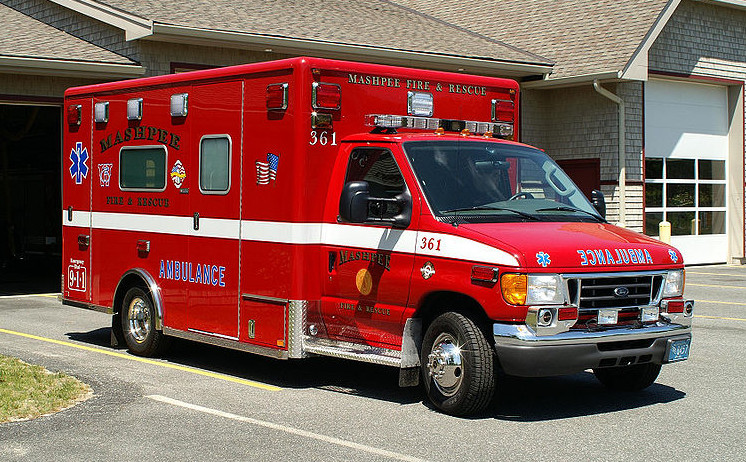This is the first post in our Safety Miniseries.
When I asked Beth Benevides, Hussman Institute Associate Director of Outreach, autism parent, and avid autism activist, what she would recommend parents do to keep their loved ones with special needs safe, she had a ready answer: Get in touch with your local 911 call center, and “flag your address as a home with someone with a disability.”
Howard County, Maryland is a leader in autism awareness and support. In partnership with local law enforcement, the Howard County Autism Society started promoting a voluntary program four years ago to encourage families with individuals on the autism spectrum or other disabilities to complete a form that could make all the difference in an emergency. The Baltimore Sun and Kennedy Krieger Institute also published information on the Howard County program. Ann Arundel County followed with a similar flagging program in 2015. Even without a formal program in place, anyone can get their address flagged with their local fire department, police force, or paramedics “with enough perseverance,” Benevides said.
Except for basic information like your address, contact information, and the family member’s diagnosis, the Howard County form is completely blank—it’s up to you to decide what to include. Benevides recommends including only the most pertinent information. Remember, a first responder may read the information for the first time on the way to your home to address an emergency. Keep it clear and brief.
Anything that will make a positive difference in the way first responders interact with your loved one is a good idea: de-escalation techniques, sensory sensitivities, tendency toward aggression, slow processing speed, if the individual is non-verbal, the individual’s typical hiding places or elopement destinations, etc. It’s also important to consider how your home environment may be unique. Extra or unusual locks on doors or windows may affect how first responders enter your home, for example. The presence of a service animal would also be important to note.
 The flagging system isn’t only valid in your home. Your family member’s name is also flagged in the system so if he elopes or has an emergency at school or work, first responders will receive the same information they would if they were coming to your home.
The flagging system isn’t only valid in your home. Your family member’s name is also flagged in the system so if he elopes or has an emergency at school or work, first responders will receive the same information they would if they were coming to your home.
The decision to disclose a disability or condition can be tricky for some families, which is part of the reason this program is completely voluntary. If you have a family member with autism or another condition, consider the potential benefits of flagging your address. Take the time to carefully consider what information is most important for first responders to have in the heat of the moment. It could save your loved one’s life.
Next… Tracking system options for keeping tabs on your family members and returning them home safely in case of elopement.






